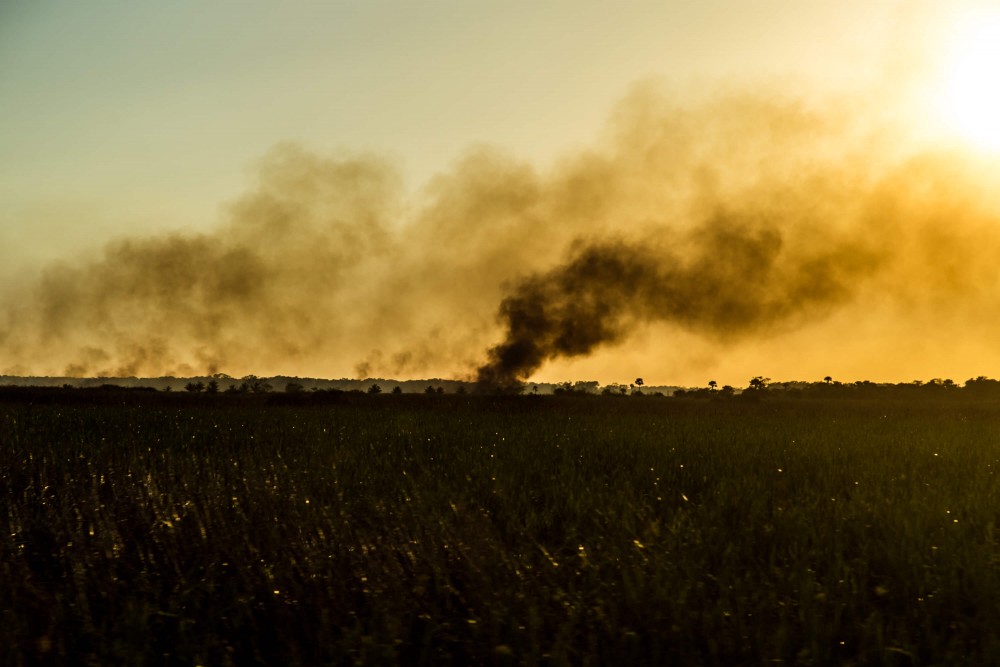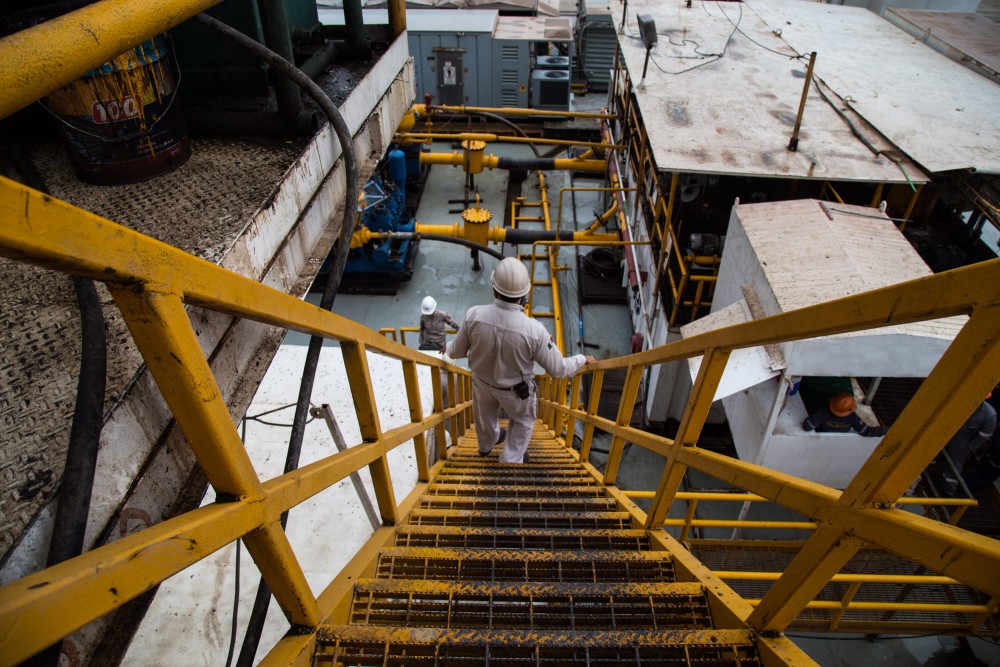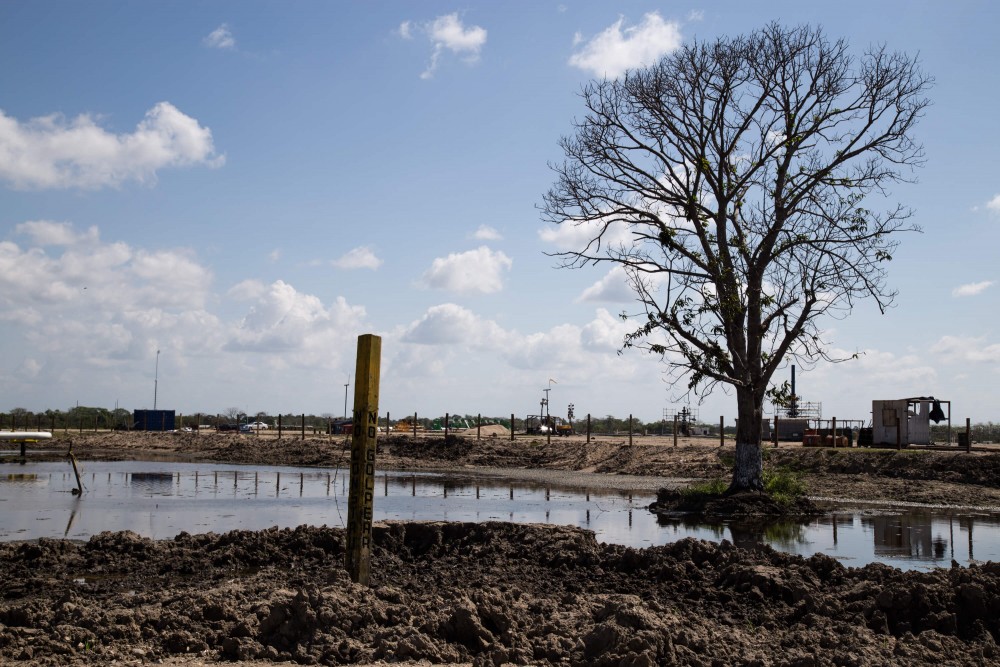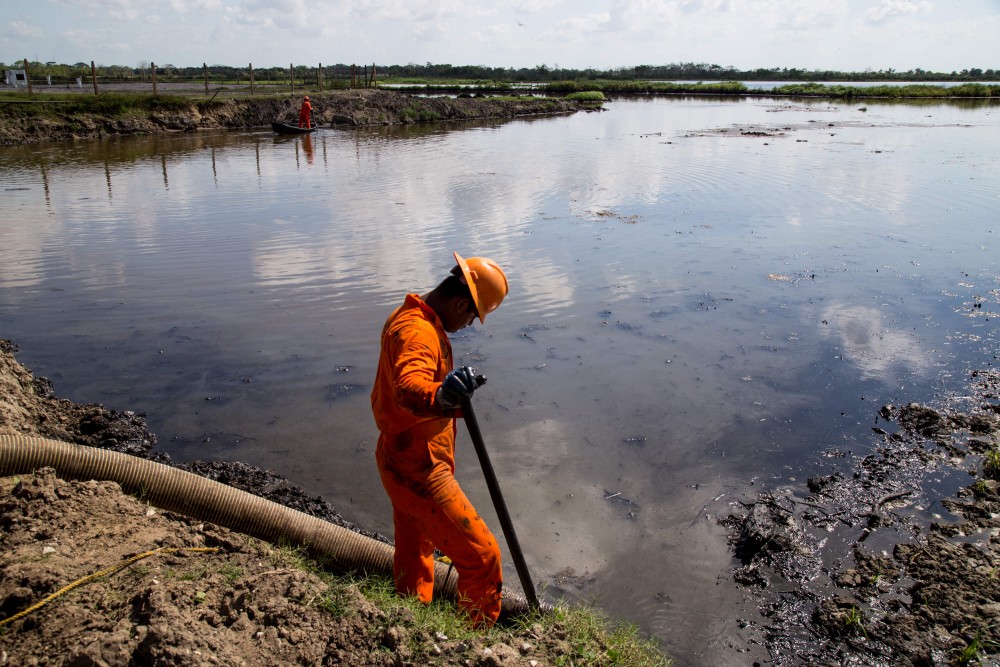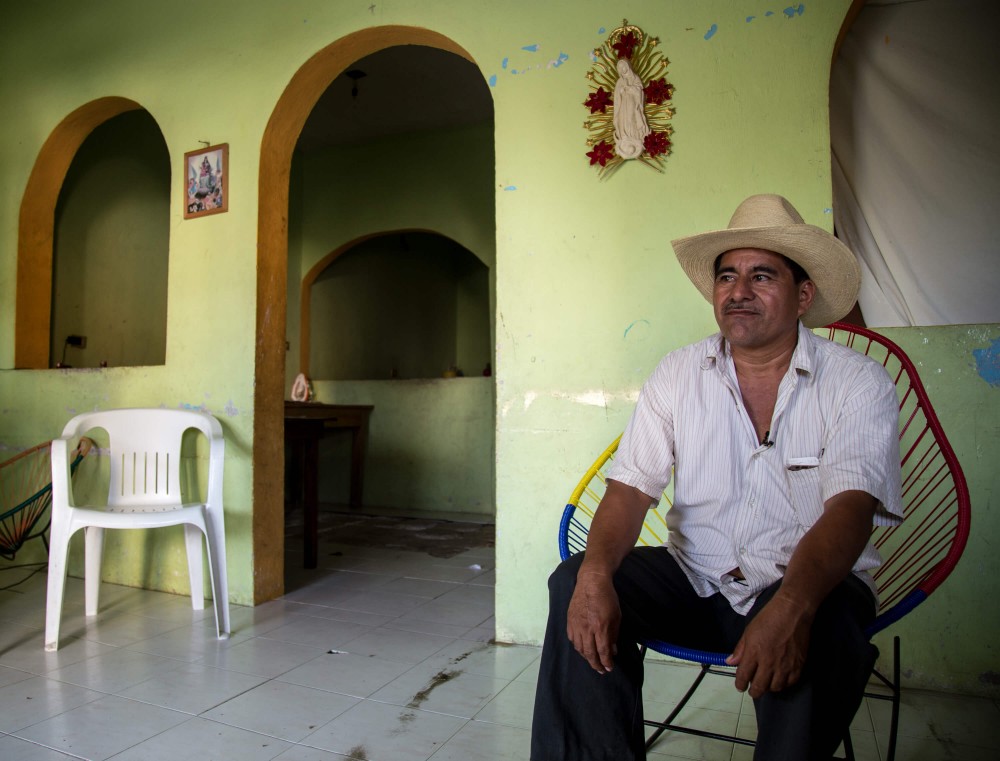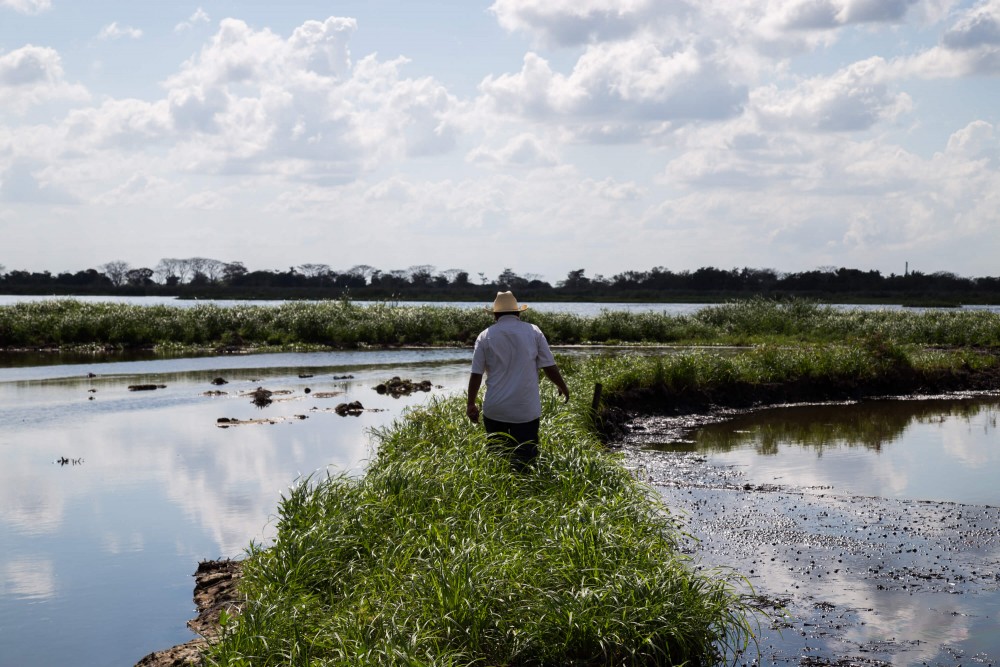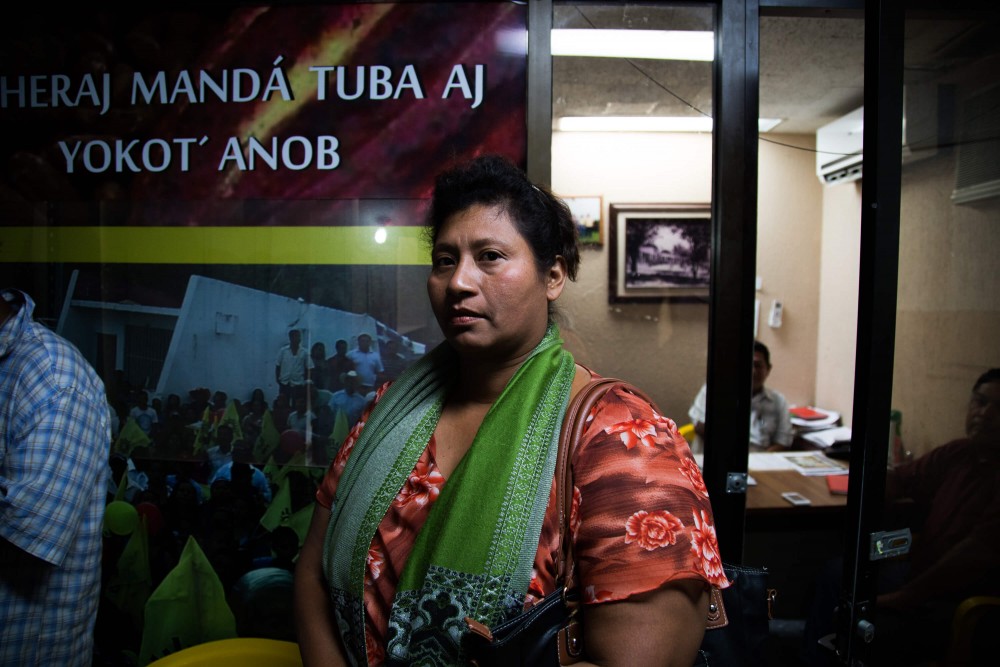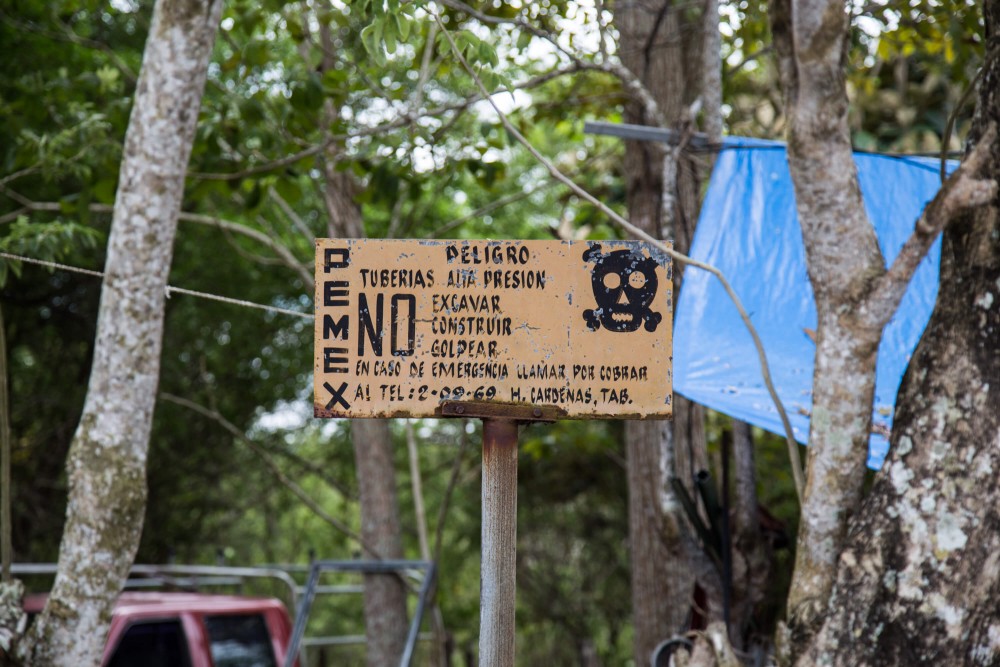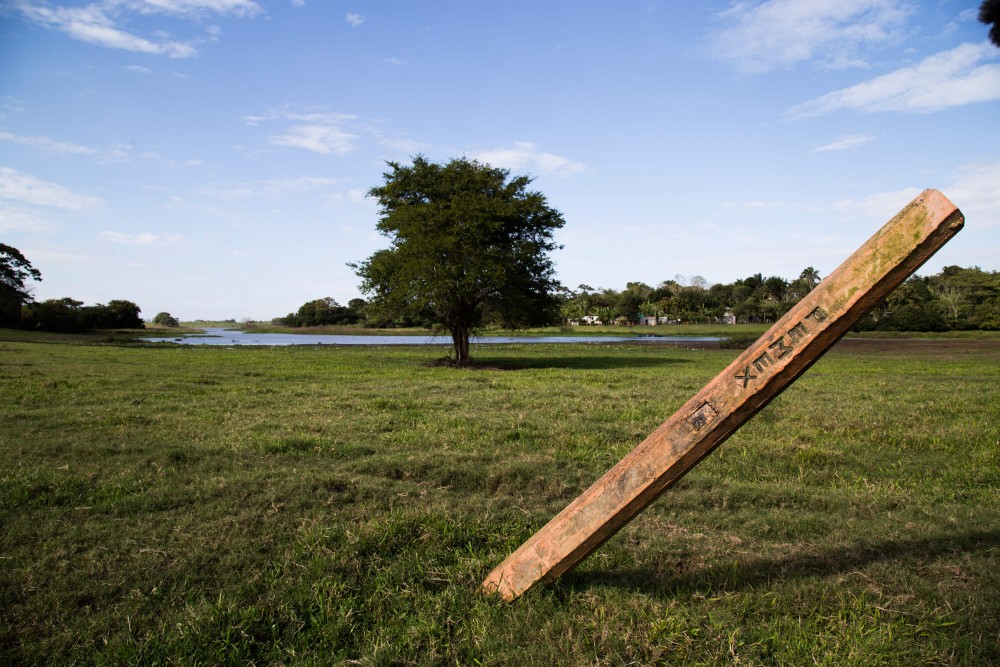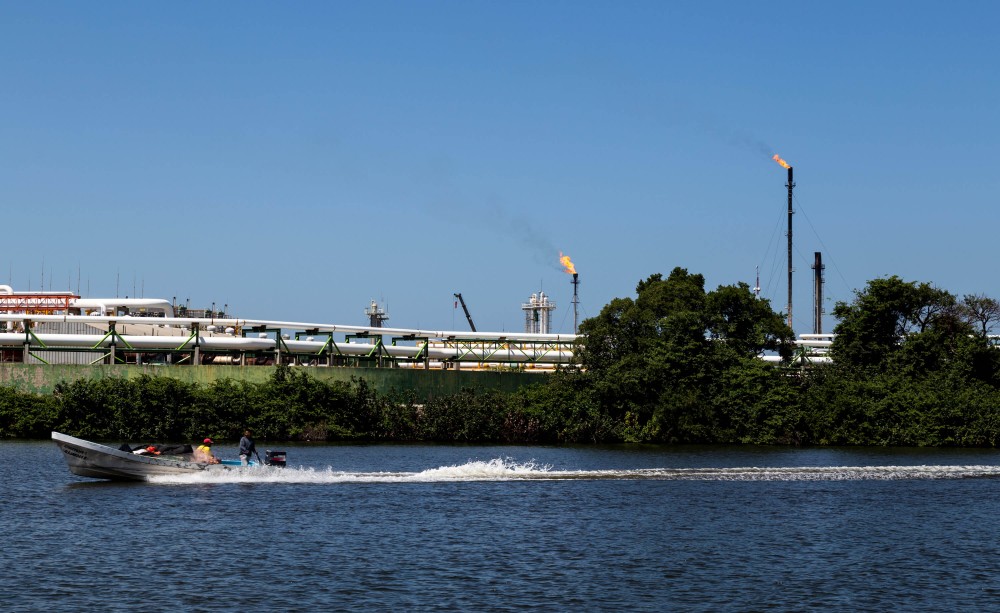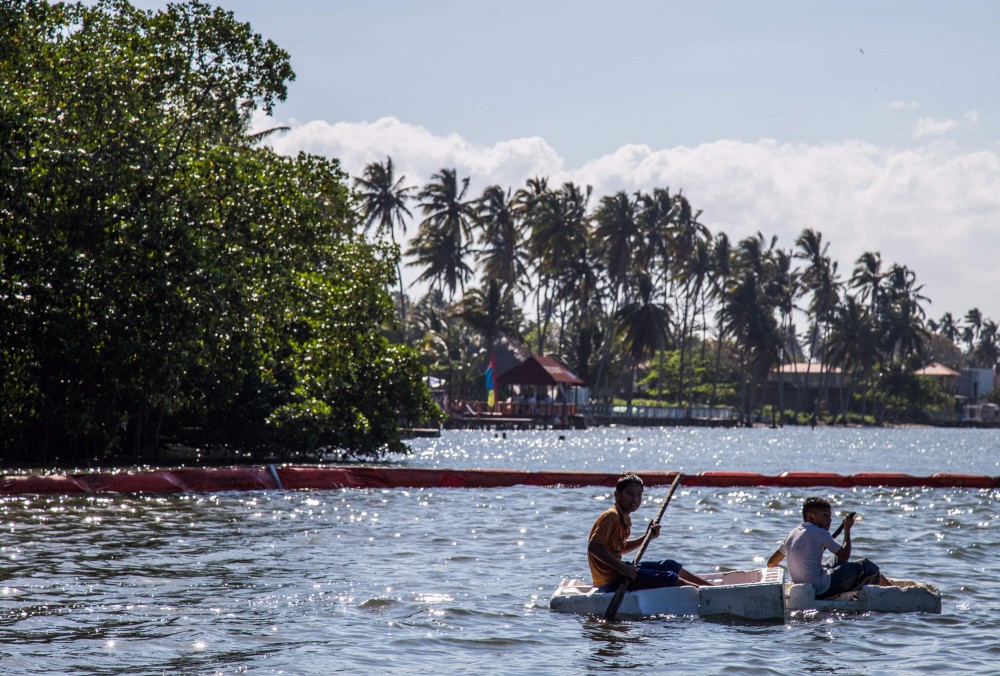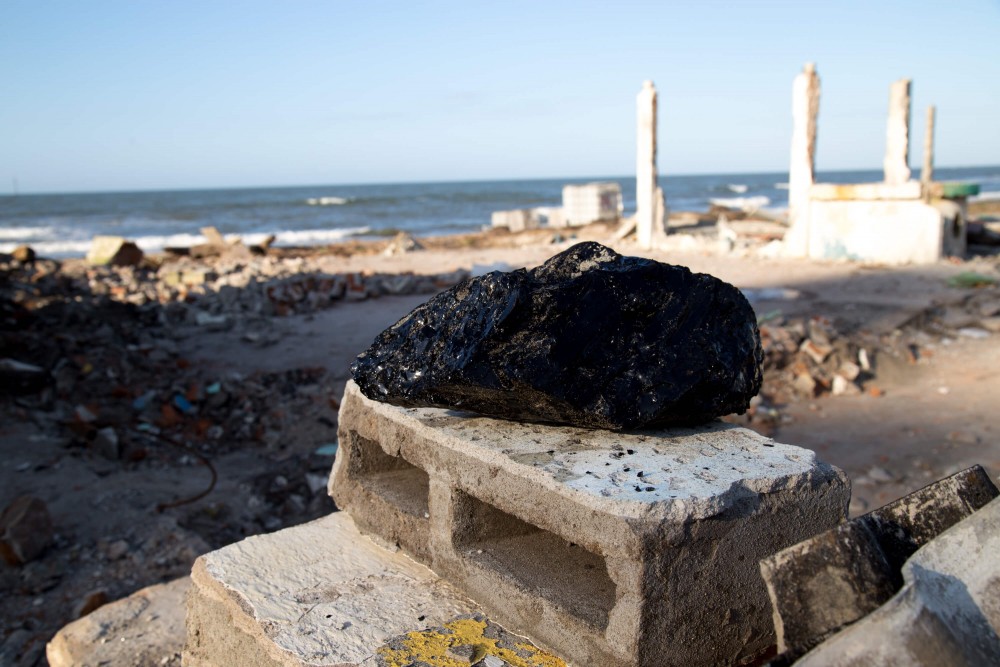Once mythologized as the sacred nationalist symbol of modern Mexico’s self-determination, Petroleos Mexicanos (Pemex) is hobbling towards unknown territory. Plummeting oil prices have made of the historic opening of Mexico’s oil fields to private investment into a gradually murkier prospect. The controversial reform is the economic center piece by an increasingly unpopular presidency designed to reinvigorate the country’s economy and address the state company’s chronic mismanagement. But it is in the country’s oil producing regions where the mythology has been struck down most thoroughly as Pemex has become an agent of impunity and pollution.
“Pemex brought aggressive contamination, environmental deterioration and unaccountability”
Mostly located under marshlands and coastal waters, the state of Tabasco accounts for a quarter of Mexico’s proven reserves. The arrival of Pemex at the height of the 1973 oil crisis was heralded as a path towards prosperity for Tabascans. Instead, Pemex brought aggressive contamination, environmental deterioration, destructive reorganization of ancestral lands and, above all, unaccountability. The most affected group have been the indigenous Chontal whose traditional way of life is at risk of extinction as their lands continue to be lost to the irreversible damage brought on by Pemex’s indiscriminate practices..
The company has vocally opposed the accusations against their operations in Tabasco, leaving the affected adrift in legal limbo. A few stand against Pemex’s inflexible posture, but a greater concern is growing among activists in Tabasco and the country: what will happen to the environment and polluted communities when foreign investment takes over? If the “pride of Mexico” refuses to resolve existing issues, what hopes does a Chontal campesino have in taking on profit driven foreign companies?
The following series takes a look at the presence of Pemex in Tabasco, the non-violent struggle of the Chontal people and the environmental impact of the oil industry in the once emerald marshes and crystal waters of the state known as Mexico’s Eden.
